Israel’s long history of assassinating resistance leaders
Palestinian martyrs fueling resistance against Israeli apartheid
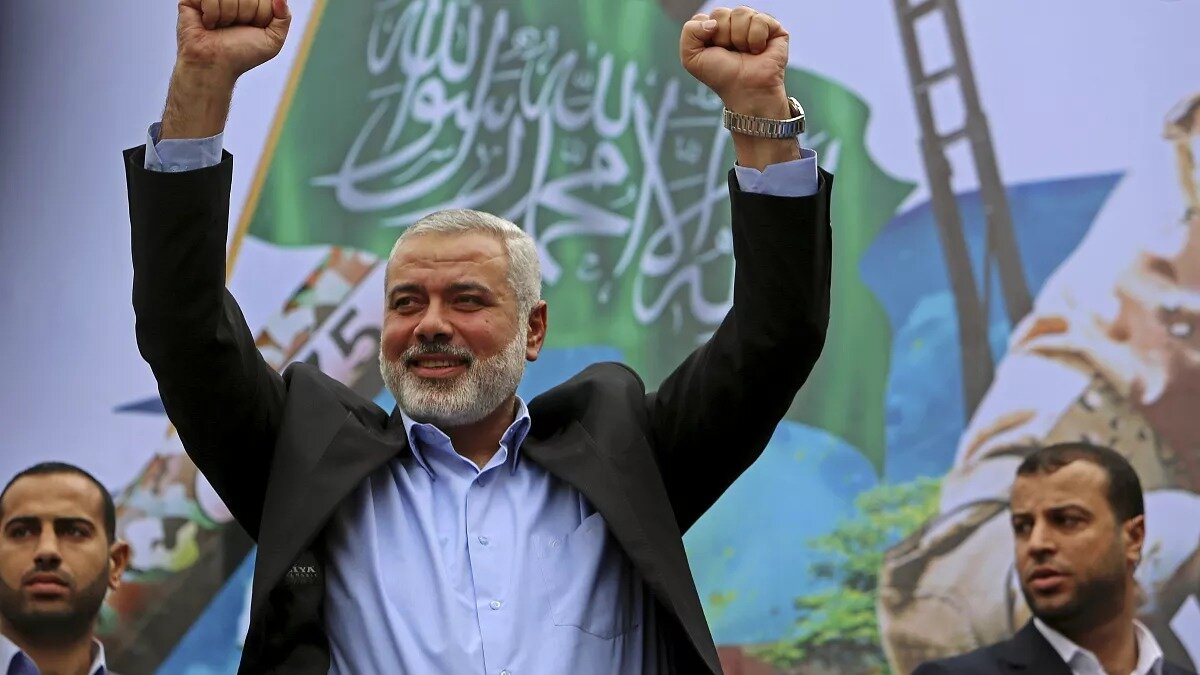
TEHRAN - The Israeli apartheid regime has not only massacred civilians in Palestine and beyond over the past decades but it has also assassinated regional resistance leaders.
Hamas political chief Ismail Haniyeh is the latest resistance leader who was assassinated by Israel in the early hours of Wednesday, July 31.
Yahya Ayyash
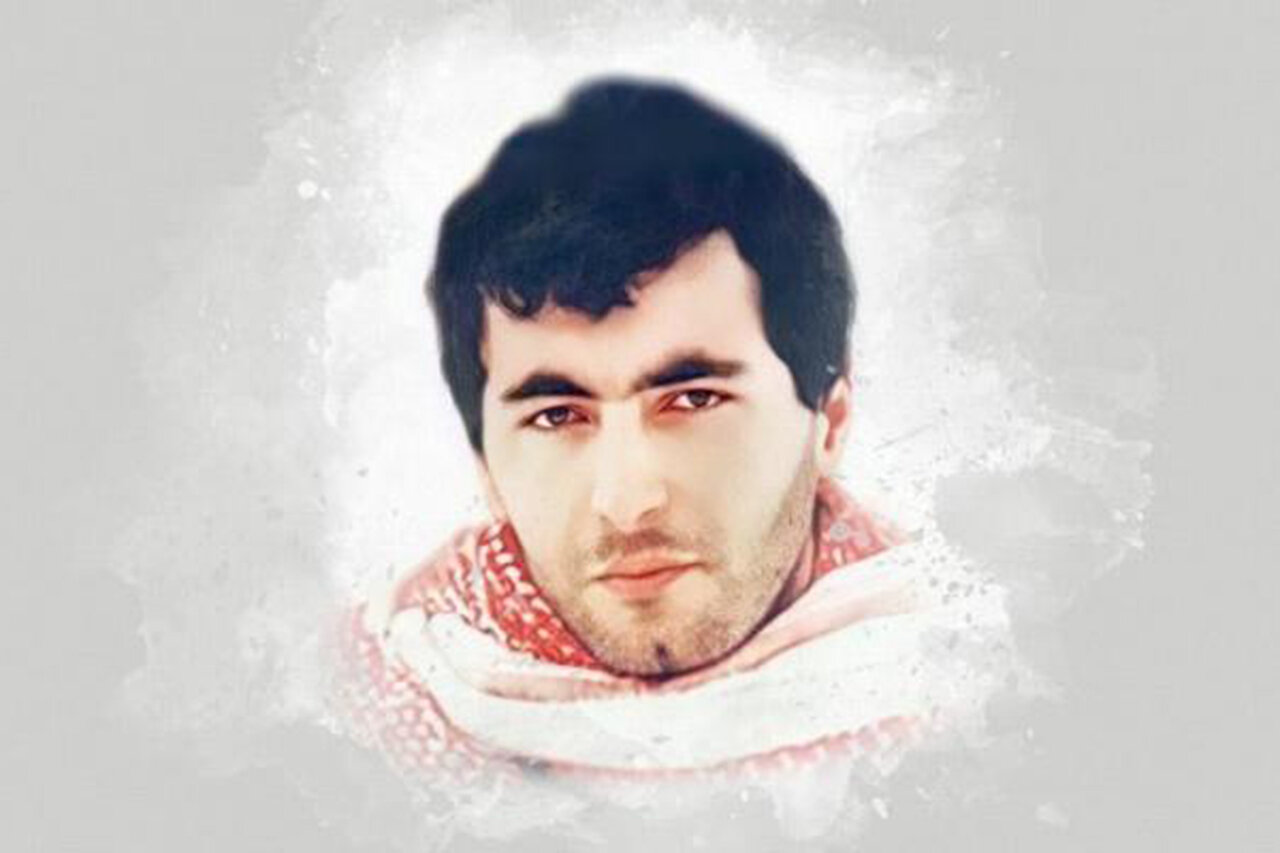
Yahya Ayyash, who was one of the Hamas’ main explosive experts, was assassinated by Israeli intelligence services in the mid-1990s.
Ayyash was killed in Gaza City on January 5, 1996, when his cell phone exploded during his weekly phone call to his father in the West Bank. The Shin Bet, Israel’s internal security service, intercepted the call, confirmed his identity, and detonated the explosives remotely.
He was known as "the Engineer” for his bomb-making skills.
Salah Shehadeh
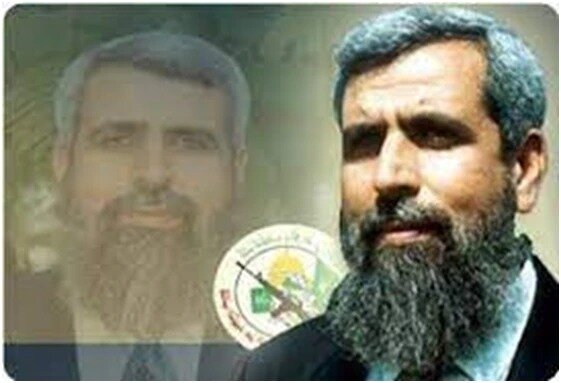
Salah Shehadeh was among the founders of the al-Qassam Brigades, Hamas’ military wing, and spent a decade in Israeli jails.
He was killed after in an Israeli air raid on his house in Gaza City on July 22, 2002.
Sheikh Ahmed Yasin

Israel also assassinated Sheik Ahmad Yassin who founded Hamas in late 1987 after the outbreak of the first Palestinian Intifada (uprising) in the same year.
Israel assassinated the Hamas spiritual leader on March 22, 2004, along with nine other people in Gaza.
Yasin survived an attempt on his life when an Israeli F-16 fighter jet fired several missiles at a home in Gaza city On September 6, 2003.
He strongly defended the Palestinian people’s right to resist the Israeli occupation and often criticized the Palestinian Authority for discounting the armed resistance option in its dealings with the occupation regime.
Yasin had been confined to a wheelchair following an injury he sustained at the age of 12.
Abdel Aziz al-Rantisi
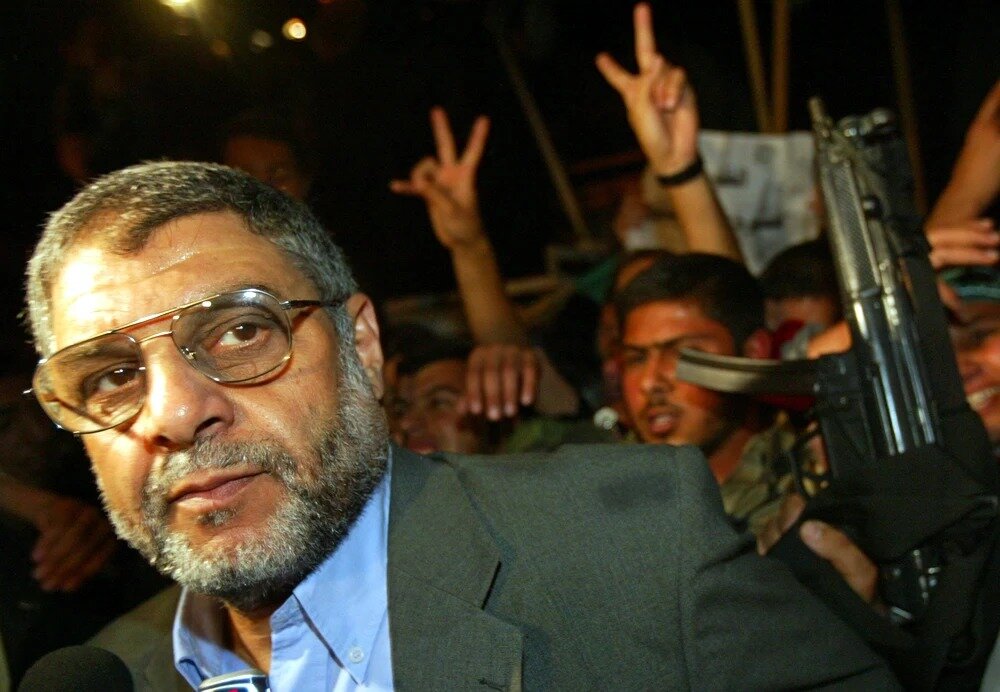
Less than a month after assassinating Yasin, Israel’s killing machine targeted his successor Abdel Aziz al-Rantisi who was one of the seven founders of Hamas.
Rantisi,56, was killed by the Israeli military in a targeted assassination on April 17, 2004.
Al-Rantisi, a pediatrician by training, survived an Israeli assassination attempt in 2003.
He was a popular figure in Gaza and supported all means that would force Israeli forces and illegal settlers to leave Palestine.
Palestinian officials arrested al-Rantisi in 1998 after he called for the resignation of a number of senior figures from the Palestinian Authority.
The doctor remained a regular critic of the Palestinian Authority. He condemned the PA for its compromise with Israel as part of an alleged roadmap peace plan.
He also lashed out at Mahmud Abbas for participating in a conference in Jordan in June 2003 with Israeli premier Ariel Sharon and US President George Bush.
Ahmad Jabari
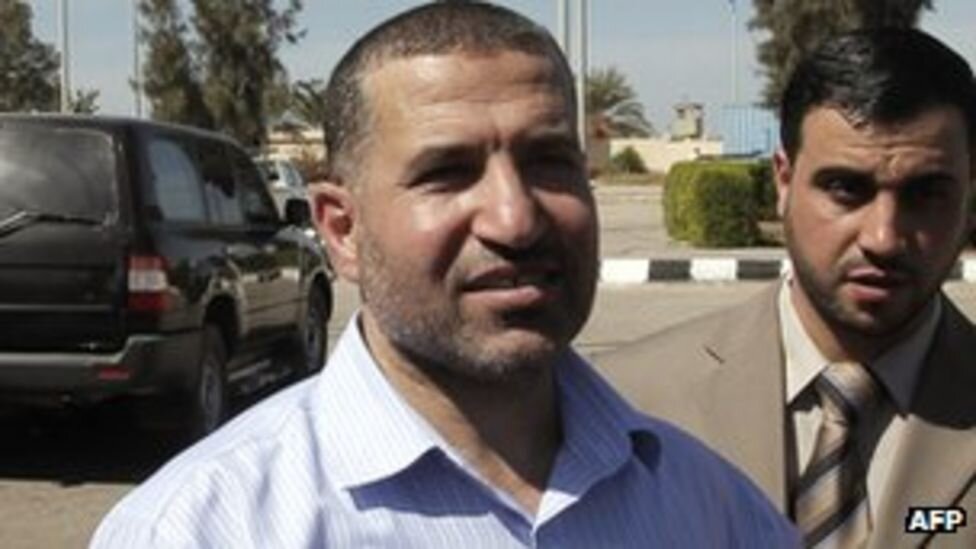
Ahmad Jabari, a top Hamas commander, was another victim of the Israeli assassination machine.
Jabari, the operational commander of the al-Qassam Brigades, was killed in an Israeli strike on a car in Gaza City in November 2012. His assassination sparked an eight-day war between Israel and Gaza.
Saleh al-Arouri

Senior Hamas official Saleh al-Arouri was another resistance leader who was assassinated by Israel this year.
He lost his life in a drone strike in the southern suburbs of Dahiyeh in the Lebanese capital Beirut in January 2024.
The attack targeted Hamas' office which also claimed the lives of six others.
The office was furnished with at least one computer with a Wi-Fi connection, potentially giving Israeli forces a method of locating the men.
“Once the laptop started, the strike hit the office,” senior Lebanese officials said.
The 57-year-old was the deputy chief of the Hamas political bureau, who helped establish the Qassam Brigades.
Before Israel’s war on Gaza began on October 7, Prime Minister Benjamin Netanyahu had threatened to kill him.
Netanyahu also told a press conference in November last year that he had instructed the regime’s Mossad spy agency to “assassinate all the leaders of Hamas wherever they are”.
According to a December leaked recording, Shin Bet chief Ronen Bar told the Knesset that Hamas leaders would be killed “in Gaza, in the West Bank, in Lebanon, in Turkey, in Qatar, everywhere.”
Failed assassinations
Israel also made a futile attempt to kill Hamas military chief Mohammed Deif earlier this year.
Deif was targeted in a massive Israeli airstrike on the al-Mawasi refugee camp in the Gaza Strip’s southern area in July that killed at least 90 Palestinians and wounded 300 others.
But Deif escaped the Israeli attempt to kill him.
Deif has been the leader of Hamas’ military wing since 2002.
He was behind Operation Al-Aqsa Storm, which was carried out by Hamas in southern Israel on October 7. The operation caught Israel off guard and shattered the myth of the regime’s invincibility.
Mossad agents also tried to kill then-Hamas chief Khaled Mashaal in Amman, Jordan, in 1997. But their plot failed.
Apart from Hamas leaders, Israel has also targeted Islamic Jihad officials.
Fathi Shaqaqi

Fathi Shaqaqi, who established the Islamic Jihad, was assassinated in 1995.
Shaqaqi, a physician from Rafah in the Gaza Strip, was fatally shot six times on October 26, 1995, in front of the Diplomat Hotel in Malta’s northeastern coastal town of Sliema by a hit team composed of two agents working for the Israeli Mossad spy agency.
Officials from Lebanon’s Hezbollah have also been subjected to Israel’s assassination policy.
Sayyed Abbas al-Musawi
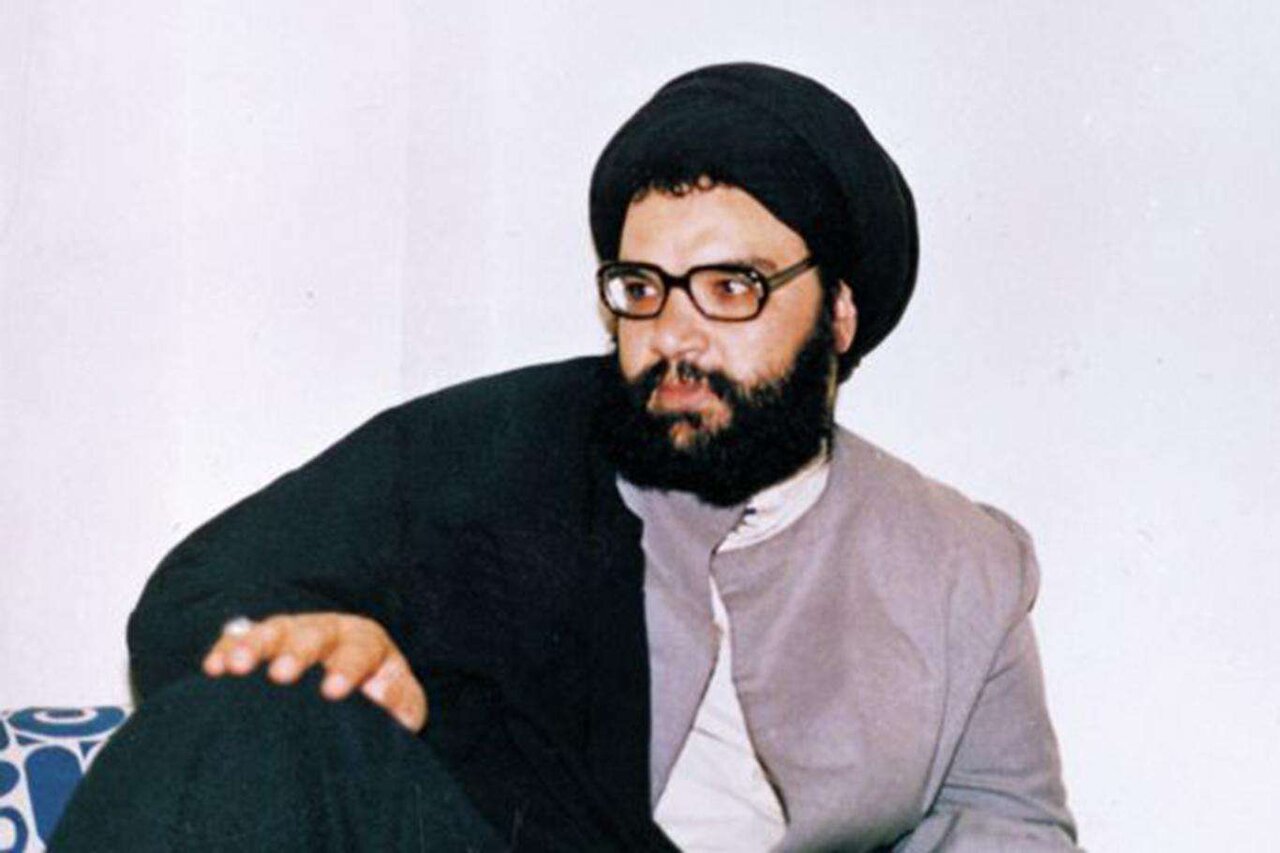
Israel assassinated Sayyed Abbas al-Musawi, one of Hezbollah’s major founders in Lebanon and the former secretary general of the resistance movement, in the early 1990s.
Hezbollah’s charismatic leader was killed by a missile strike from Israeli helicopters while driving with his wife and 6-year-old son on a road in the Bekaa region of eastern Lebanon on February 16, 1992.
Imad Mughniyeh

Imad Mughniyeh, Hezbollah’s military chief, was killed when a bomb planted in his car exploded in Damascus in February 2008.
Newsweek and The Washington Post revealed in 2015 that the CIA worked jointly with Israel's Mossad to assassinate him.
Israel has also assassinated other military leaders and political officials of regional resistance groups.
These assassinations have been in line with Israel’s attempts to either eliminate or weaken resistance groups. But such attempts have backfired.
Failed plans
When the first Palestinian uprising broke out in 1987, people only threw rocks at fully armed Israeli troops and military vehicles to vent their anger at the regime’s atrocities.
But Hamas’ October 7 attack highlighted the growing power of the Palestinian resistance in the face of Israel’s atrocities.
Since the start of the war, Israel has vowed to destroy Hamas but it has failed to do so.
Instead, resistance fighters have dealt heavy blows to the Israeli army killing hundreds of its forces on the battlefield.
This, in fact, shows that the era of hit-and-run has come to an end.
Israel has also suffered major blows at the hands of Hezbollah resistance fighters for more than two decades.
Israel launched an offensive in Lebanon in 1982, sending its tanks all the way to the capital Beirut. The regime occupied southern Lebanon until it was driven out by Hezbollah in 2000.
Israel also launched a war on Lebanon in 2000 and 2006. But Hezbollah forced the Israeli army to retreat in both conflicts.
Currently, Hezbollah is a regional power which is capable of giving Israel a painful lesson amid growing fears over a potential war between the two sides.
Hezbollah has about 150,000 missiles and rockets of various types and ranges. Likewise, according to Hezbollah Secretary-General Sayyed Hassan Nasrallah, the number of
Hezbollah operatives who are ready to join a potential war with Israel has exceeded 100,000.
Assassinating leaders of resistance groups has long been an Israeli strategy which has remained unsuccessful. Facts and figures indicate such assassination campaigns have boosted the resolve of these groups to put up resistance against the bogus regime.
The killings have also resulted in increased public support for these resistance movements. Revelations by American and Israeli media have shown that Israel’s war on Gaza has led to growing support for Hamas across the Palestinian territory.
Leave a Comment